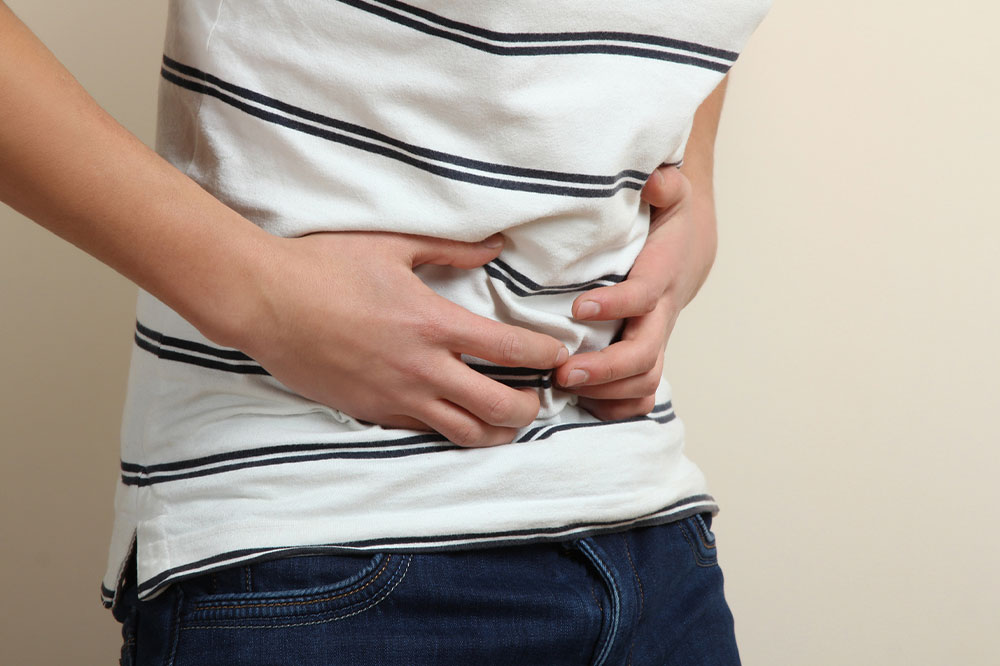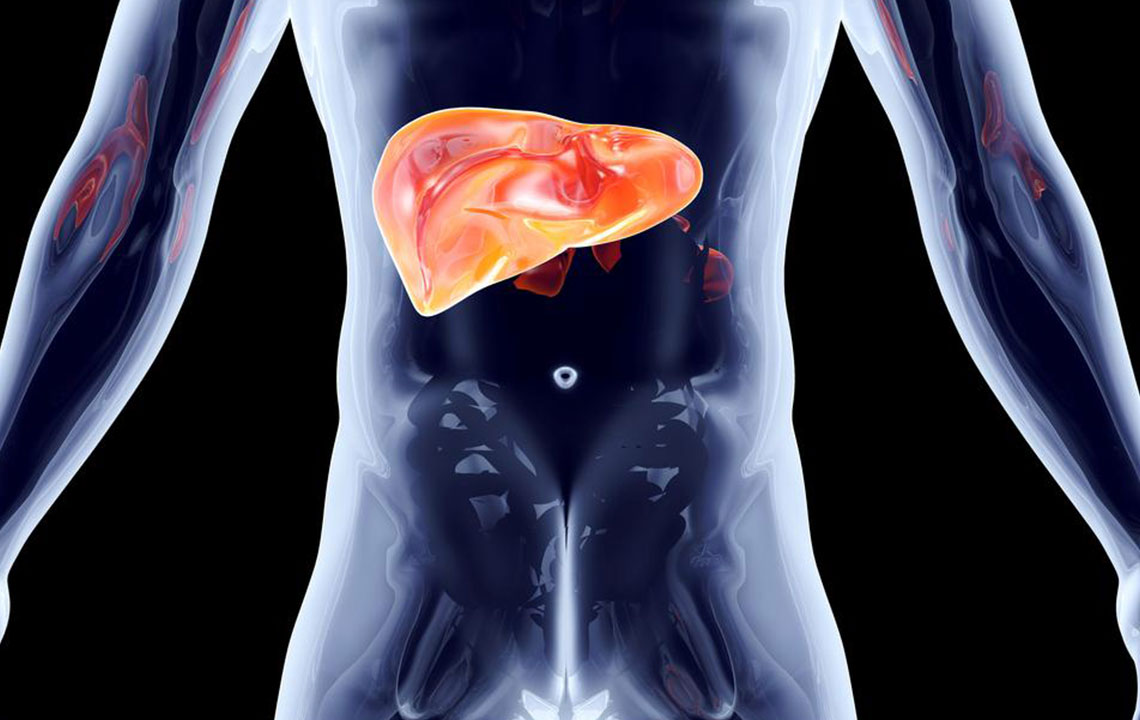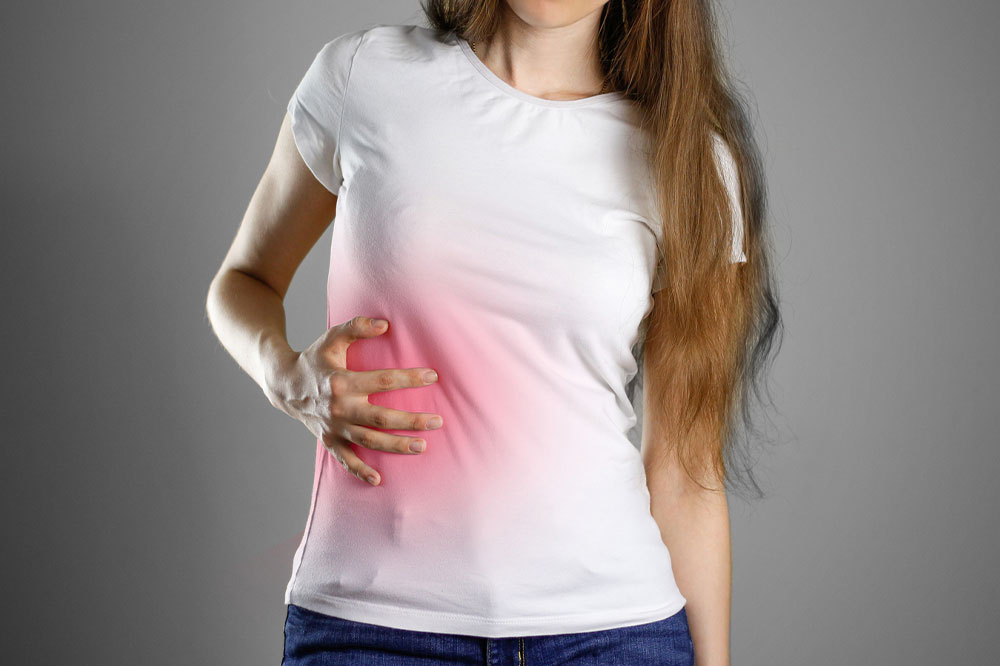Identify Liver Cirrhosis with These 6 Early Signs
Liver cirrhosis is a severe condition that is characterized by scarring of the liver. The condition may also lead to liver failure. This is a serious health condition that is caused by different types of liver diseases such as hepatitis, diabetes, unhealthy lifestyle practices, and other serious ailments. Generally, the damage caused by liver cirrhosis is irreversible, but identifying and detecting the symptoms at an early stage can ensure timely treatment to avoid life-threatening conditions.

Early signs of liver cirrhosis
Liver cirrhosis usually occurs in 4 stages – Steatosis, fibrosis, cirrhosis, and liver damage.
Although in the first stage of liver cirrhosis, one may not experience any noticeable signs until it increases in severity. However, one can look out for other symptoms, such as:
Energy loss and fatigue
Liver cirrhosis and other chronic liver disease patients often experience extreme fatigue and energy loss as early signs. It’s important to note that the severity of the condition isn’t necessarily linked to the level of fatigue. However, there are ways to manage the symptom and make it more bearable. These include getting enough sleep, avoiding caffeine, asking for help from friends and family, and trying management approaches like meditation, acupuncture, and relaxation techniques.
Poor appetite
The organ’s functionality reduces as the issue worsens, and scar tissue replaces healthy liver tissue. So, when the body notices a disruption in glucose and insulin metabolism, it can contribute to abnormal hormonal levels – leptin and ghrelin. This often leads to a loss of appetite and low energy levels.
In such cases, one can opt for foods that do not require the liver to work as hard. This way, one can maintain optimal nutrition levels, prevent further liver damage, and avoid associated complications.
Some foods liver cirrhosis patients can add to their meal plan are salmon, eggs, tofu, margarine, and low-fat yogurt.
Belly/Abdominal pain
Up to 82% of liver cirrhosis patients have reported belly or abdominal pain as one of the most common signs and symptoms of liver cirrhosis. Out of these, most have noticed the pain to be chronic or long-lasting.
However, this liver cirrhosis-related belly pain can be experienced in 2 forms. The first one is pain focused on the liver. Here, one may have either a stabbing sensation in the liver area or a dull throbbing pain in the upper right abdomen.
On the other hand, the second one can be observed as general abdominal discomfort and pain. In most cases, this can be attributed to the enlargement of the liver and spleen or fluid retention. Furthermore, as liver cirrhosis can cause inflammation, one may detect a general pain brought on by the body’s reaction to the problem.
Nausea and vomiting
Early signs of liver cirrhosis and liver damage include nausea and vomiting. These are some of the gastrointestinal symptoms induced due to a reduction in liver functionality.
As the liver’s ability to eliminate toxins decreases, one can likely notice an increase in digestive distress. One of the main reasons behind this is the body’s wish to remove waste products and improve its functions.
Ongoing nausea and vomiting can significantly impact the body’s nutritional intake. So, it’s important to eat the right foods that can help with digestion and better manage the condition. Additionally, healthcare professionals advise patients to consume more food to meet the body’s energy demands.
The appearance of tiny web-like blood vessels on the skin
This symptom, also known as spider nevus, can be noticed as a cluster of blood vessels close to the skin’s surface. In most cases, this collection of vessels can appear similar to a spider web with a central spot and blood vessels in the surroundings. While these can occur on any body part, they are commonly noticed in the neck, face, and legs. But, patients with chronic liver disease can have multiple vessel clusters simultaneously.
Usually, spider nevus can appear when the body produces excessive amounts of estrogen, which is the telltale sign of a compromised liver. Low magnesium and fiber levels and increased gut bacteria in the digestive system can further affect this.
Itchy skin
When the liver function is compromised, one can experience increased bile salt accumulation in different body parts. This includes the liver, gallbladder, bile ducts, and pancreas. Besides this, this collection of bile salts can happen under the skin. When this occurs, one may feel itchiness on the skin.
Typically, this sign will not go away independently, but one can manage it using the tips mentioned below.
- Using a humidifier
- Picking mild fragrance-free soaps
- Bathing with cool or warm water
- Applying a wet cloth to the affected area until the itch subsides
In addition to the common signs and symptoms of liver cirrhosis mentioned above, one can watch for swelling in the feet, ankles, and legs, easy bruising and bleeding, and pale fingers. If one notices these signs, one must consult a healthcare professional immediately. This can lead to diagnosing the underlying issue and developing a treatment plan that caters to one’s needs and wants.




